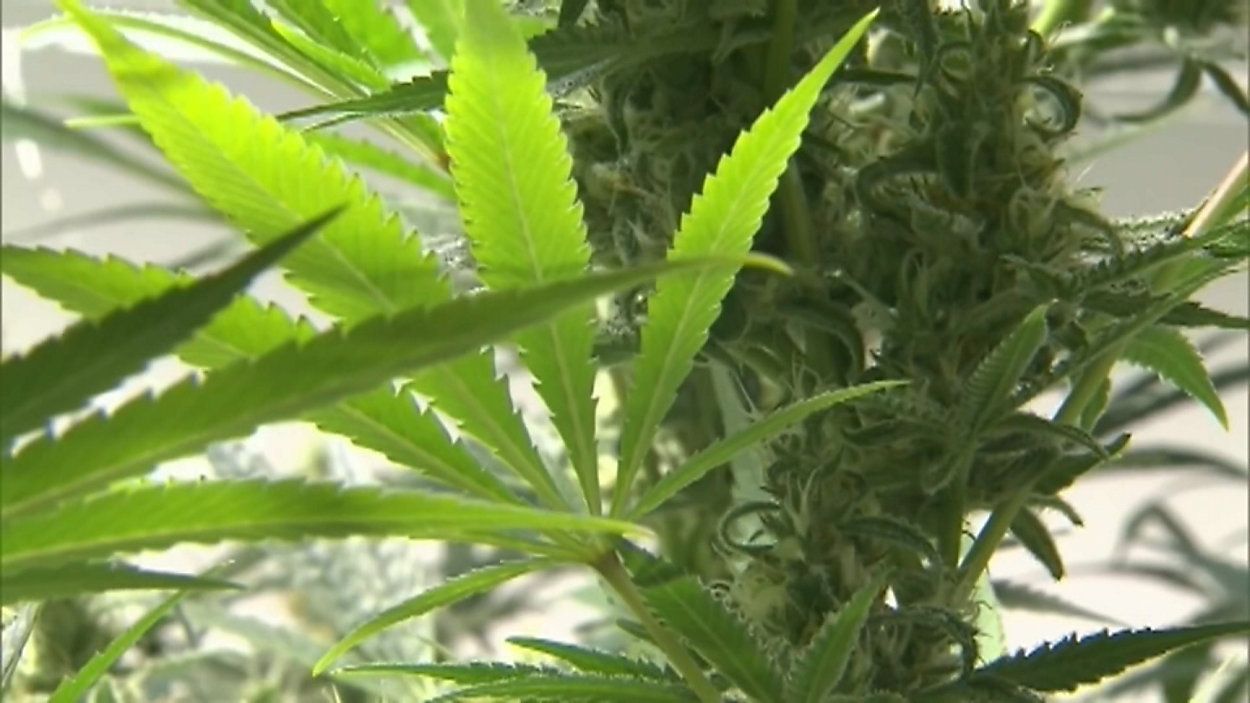While popular and legislative support for legalized adult-use cannabis may be nearing critical mass, the tipping point won’t be reached this year, state House leaders confirmed on Tuesday.
House finance chair Kyle Yamashita cited implementation concerns and budgetary constraints in explaining why his committee will not hear Senate Bill 3335, which would have legalized the personal adult use of cannabis effecting Jan. 1, 2026.
“The path to legalizing adult-use cannabis has been a deeply divisive issue,” Yamashita said in a statement released Tuesday afternoon. “This year marked its furthest progression, with SB3335 narrowly passing its second reading. Due to numerous concerns regarding the implementation of the bill, the House has decided against further deliberation in the House Finance Committee. This decision is strengthened by the prevailing ‘no’ votes from committee members expressed on the House floor.”
House Speaker Scott Saiki said testimony from law enforcement was also a factor.
“In hearing the overwhelming testimony and serious concerns from members of Hawaii’s law enforcement industry, this bill requires further consideration of the impact legislation will have on our children, economy, and overall well-being.”
SB 3335 was extensive in scope, proposing to establish a Hawaii Cannabis and Hemp Authority and Cannabis and Hemp Control Board within the Department of Commerce and Consumer Affairs to regulate all aspects of the cannabis plant. Besides legalizing adult recreational use of cannabis, the bill also would have established taxes on the retail sale of both personal adult use cannabis and medical cannabis. It would further have added new traffic offenses and clarified existing traffic offenses relating to the consumption or possession of marijuana.
The bill also would have created the Cannabis and Hemp Control Implementation Advisory Committee; transfer personnel and assets from the Department of Health and Department of Agriculture relating to cannabis to the Hawaii Cannabis and Hemp Authority.
In the end, the myriad requirements of the bill and the uncertainty of its fiscal implications proved too much to consider beneath the long shadow of last year’s Maui wildfires.
“During an abnormally fiscally challenging year, the committee must prioritize addressing wildfire-related expenses after the August 8 tragedy in Lahaina and Upcountry Maui,” Yamashita said. “Ensuring the recovery of our communities continues to come at an extraordinary cost to the state budget, and the full cost of implementing the legalization of adult-use cannabis is unknown. As lawmakers, it would be remiss of us not to allocate funding to safeguard critical government services, including education, infrastructure, roads, and other essential services for Hawaii’s residents and kupuna, especially during a period of fiscal uncertainty.
“We recognize that now is not the opportune time for its implementation, as we navigate the challenges of managing the largest wildfire recovery efforts in Hawaii’s history,” he said.



